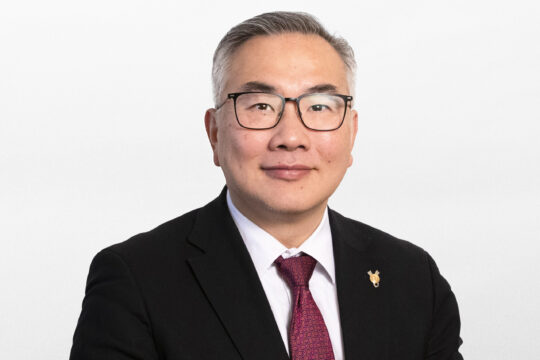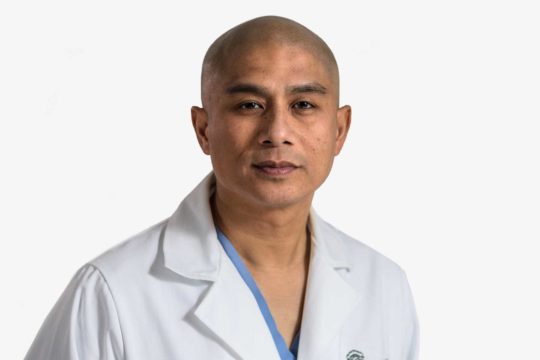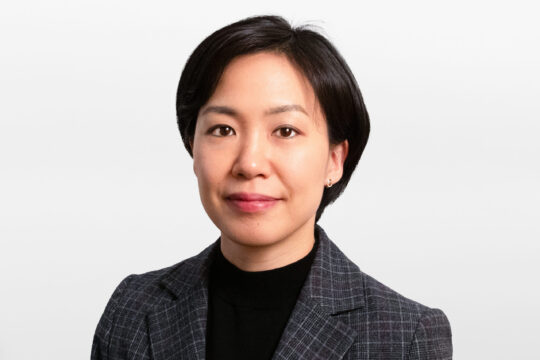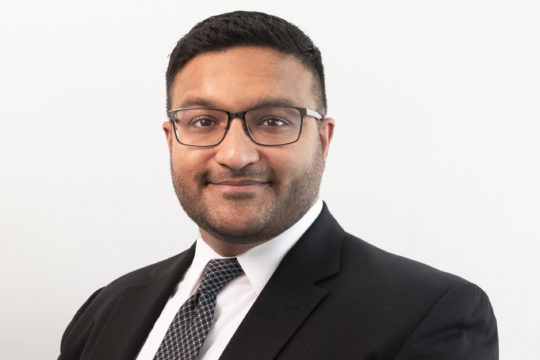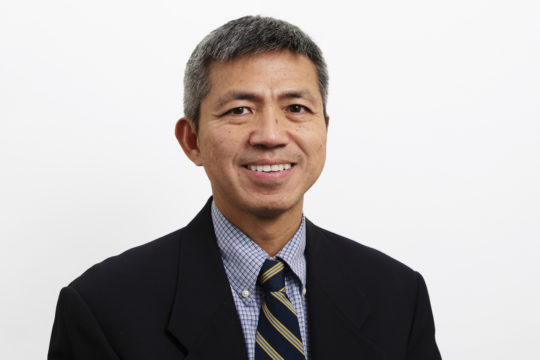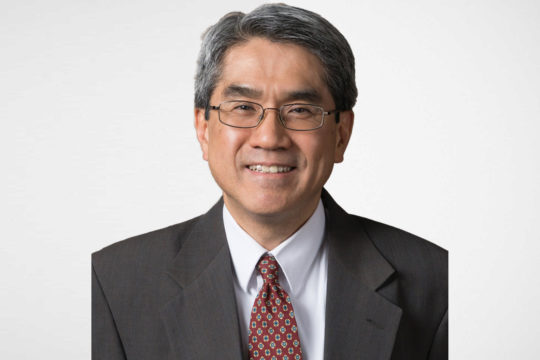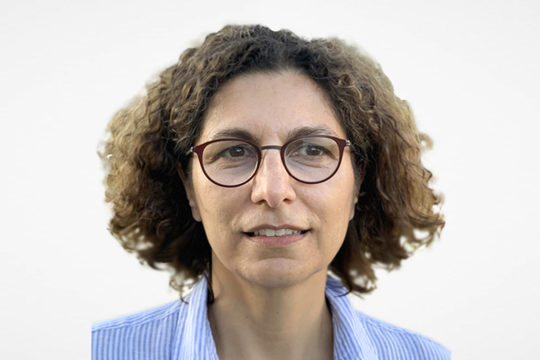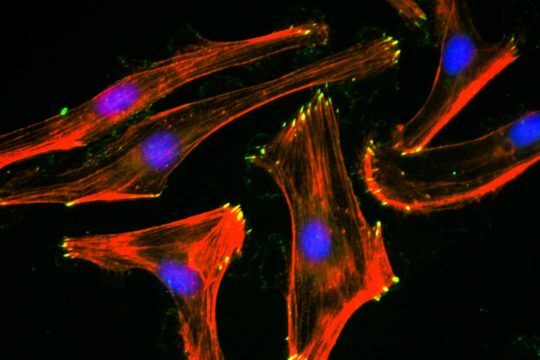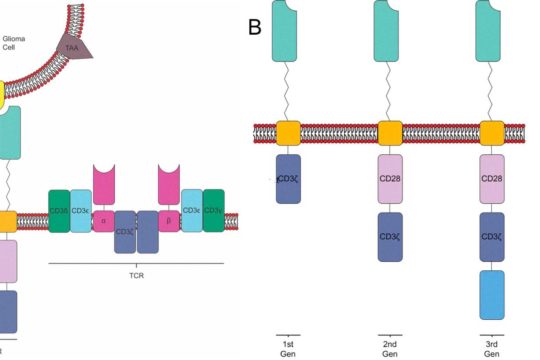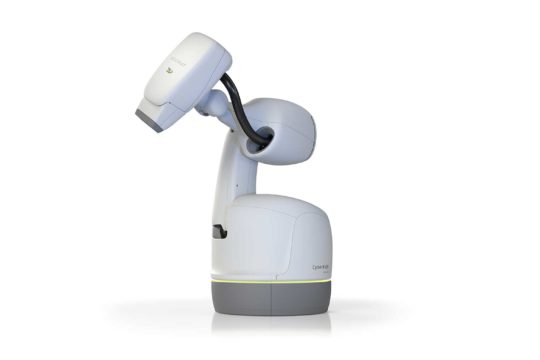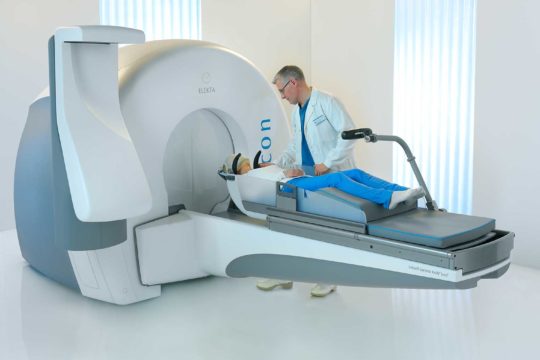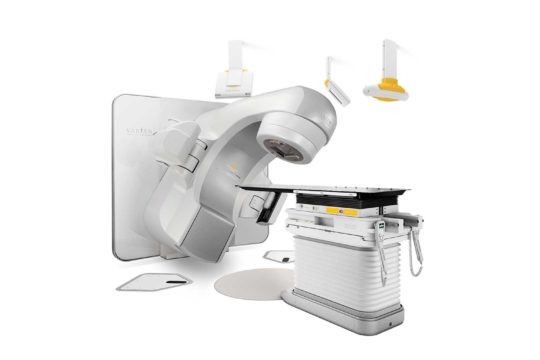Comprehensive Care Centers
Overview
Because of the complexity of the brain, treating brain tumors is challenging and requires the expertise of distinct specialists. The Comprehensive Brain Tumor Center at Brown University Health is an internationally recognized center that brings together the expertise of brain tumor-focused neurosurgeons, neuro-oncologists, radiation oncologists, neuro-radiologists, neuro-pathologists, oncology-focused psychiatrists, medical oncologists, and other specialists. Our program specializes in treating a broad spectrum of brain cancers, from the most common form to the most rare and complex, as well as neurologic complications of cancer. Our experts work together to integrate the best of the standard of care with deep clinical expertise in the context of peer-reviewed literature and clinical trials. Our goal is to deliver compassionate and effective care comprehensively, addressing both the medical and psychological needs of our patients and their loved ones.
The key features of our brain tumor center are:
- Subspecialty expertise: The rapid expansion in medical information in our lifetime is unprecedented, and it is becoming increasingly difficult, if not impossible, to remain abreast of all discoveries relevant to brain tumors. In this context, each of our specialists further sub-specializes in an aspect of brain tumor in ways that complement the knowledge base of other team members. This subspecialization ensures that our care is based on the most updated information.
- Multidisciplinary team that personalizes oncology care: We assemble a tailored team of brain tumor specialists based on the distinct biology of the brain tumor and each patient’s unique needs. The multidisciplinary team of nationally recognized experts from various fields works together seamlessly to develop individualized treatment plans optimal for the underlying tumor and the patient under treatment.
- Timely diagnosis with state-of-the-art diagnostic imaging: Receiving news of a brain tumor diagnosis or the possibility of a brain tumor diagnosis can be stressful, if not life-changing. Timely access to experts and modern diagnostic imaging, including spectroscopy and perfusion imaging, can mitigate stress and expedite subsequent treatment. We pride ourselves on providing timely access to our treatment team and state-of-the-art diagnostic imaging.
- Advanced treatment modalities and expertise: Our surgeons have internationally recognized expertise in microsurgery, minimally invasive neurosurgery, skull base surgery, advanced neuro-endoscopy, and MRI-guided surgery (including laser interstitial thermal therapy). Our oncologists have substantial experience optimizing combinations of chemotherapy, targeted therapy, electric field therapy, cell-based therapy, and immunotherapy. Our radiation oncologists have extensive expertise in intensity-modulated radiation therapy, gamma knife, and brachytherapy. Our neuropathologist applies state-of-the-art molecular diagnostics to drive clinical care. The combined expertise of our multi-disciplinary team is unparalleled.
- Comprehensive and compassionate care: We recognize that brain tumor patients and their loved ones have needs beyond medical treatment and provide support services (including counseling, neuropsychology, physical therapy, and occupational therapy) to help the patient and their care providers cope with the brain tumor journey. When appropriate, we will connect the patient to national brain tumor organizations, such as the Brain Tumor Network and the American Brain Tumor Association, which offer additional resources for support.
- Research and Innovation: For many brain tumor patients, the standard of care offers limited efficacy, and recurrence after initial treatment means a scarcity or lack of established treatment options. In these situations, our center provides cutting-edge clinical trials based on innovative research scrutinized by the rigor of peer review. Beyond clinical trials, our multi-disciplinary team has extensive experience in the compassionate use of therapeutic agents based on the available peer-reviewed literature and decades-long clinical expertise. To develop the next generation of brain tumor treatments, our center hosts research by world-renowned experts who use artificial intelligence and genomic/proteomic methods to study our clinical experiences and tumor specimens collected after informed consent.
- Available to national and international patients: Our services and expertise are available to physicians, surgeons, and patients nationally and internationally through consultation. We are committed to providing the best possible brain care that transcends geographical barriers.
Specialty Team
Director
Neurosurgery Department Team
Neuro-Endovascular Radiologists
Neuro-Oncologists
Sasmit Sarangi, MD
Neuro-Radiologists
Pathologists
Radiation Oncology
James Brindle, PhD
Gene A Cardarelli, PhD MPH
Eric Caver, PhD
Brijal M Desai, MD
Thomas A. DiPetrillo, MD
Paul Koffer, MD
Jaroslaw T. Hepel, MD
Andrew Kopecky, MD
Ulrich W Langner, PhD
Yakub Puthawala, MD
Mark Rivard, PhD
Michelle Schwer, MSc
Esther Yu, MD
Medical Oncology
Christopher Azzoli, MD
Ariel E Birnbaum, MD
Maria Constantinou, MD
Ollila, Thomas, MD
Neuro-psychiatry
Caitlin Lawrence, MD
Emily Murphy, MD
Emily Rowland, MD
Jody Underwood, MD
Laura Stanton, MD
Amanda Phillips, PhD
Jennifer D Davis, PhD, ABPP-CN
Seth A Margolis, PhD, ABPP-CN
Neuro-Ophthalmologists
Tatiana Bakaeva, MD PhD
Oculoplastics
Michael Migliori, MD
ENT/Head & Neck Surgeons
Brian Duff, MD
Basit Jawad, MD
John Tarro, MD
Richard, Wein, MD
Endocrinologists
Vicky O. Cheng, MD
Geetha Gopalakrishan, MD
Conditions We Treat
We treat all forms of brain cancers, including but not limited to:
- Acoustic Neuroma (Vestibular Schwannoma)
- Astrocytoma (Isocitrate dehydrogenase wild type and mutant)
- Atypical Teratoid/Rhabdoid Tumor (AT/RT)
- Chondrosarcoma
- Chordomas
- Choroid Plexus Tumor
- Craniopharyngioma
- Diffuse Intrinsic Pontine Glioma (DIPG)
- Ependymoma
- Ganglioglioma
- Glioblastoma
- Glioma
- Hemangioblastoma
- Medulloblastoma
- Meningioma
- Metastatic Brain Tumor
- Neurocytoma
- Oligodendroglioma
- Pineal Tumor
- Pleomorphic xanthoastrocytomas
- Pituitary Tumor
- Primitive Neuroectodermal Tumor (PNET)
We also treat neurologic complications of cancer, including:
- Brain cancer-related bleeding or thrombosis within the brain
- Cancer-related infection of the brain
- Cancer-related seizures
- Cancer-related strokes
- Elevated intracranial pressure secondary to brain cancer
- Hydrocephalus
- Leptomeningeal disease
- Radiation-induced injury
Research
Neurosurgery Department
Glioma cell migration
Glioblastoma stem cells
RNA regulation of glioblastoma
2D and 3D co-culture models
CAR-T cells in glioblastoma
Laboratory of Surgical Neuro-oncology
Clark C. Chen, MD, PhD
Developing surgical treatment for brain tumors, including brachytherapy, electrode-based therapy, and local microRNA delivery
Lagorreta Cancer Center
Wafik El-Deiry
Imipridone class of small molecules in the treatment of glioblastomas
Lagorreta Cancer Center
Jack Elias, MD
The role of chitosome and inflammation in cancer
Laboratory of Computational Modeling
Jay Hou, PhD
Shane Lee, PhD
Computational modeling in neuro-oncology
Pathology and Laboratory Medicine
Sean Lawler, PhD
Novel therapies against glioblastomas
Restorative Neuroscience Laboratory
Athar Malik, MD PhD
Understanding the physiologic impact of mass effect on cerebral physiology
Translational Skull Base Laboratory
Christine K. Lee, MD PhD
Identifying therapeutic targets and developing imaging tools for skull base tumors
Laboratory for Glioblastoma Research
Eric T Wong, MD, MA
Research on Tumor Treating Electric Fields
Technology
Rhode Island Hospital
593 Eddy Street, APC 6
Providence, RI 02903
Phone: (401) 793-9166
Fax: (401) 444-2788
